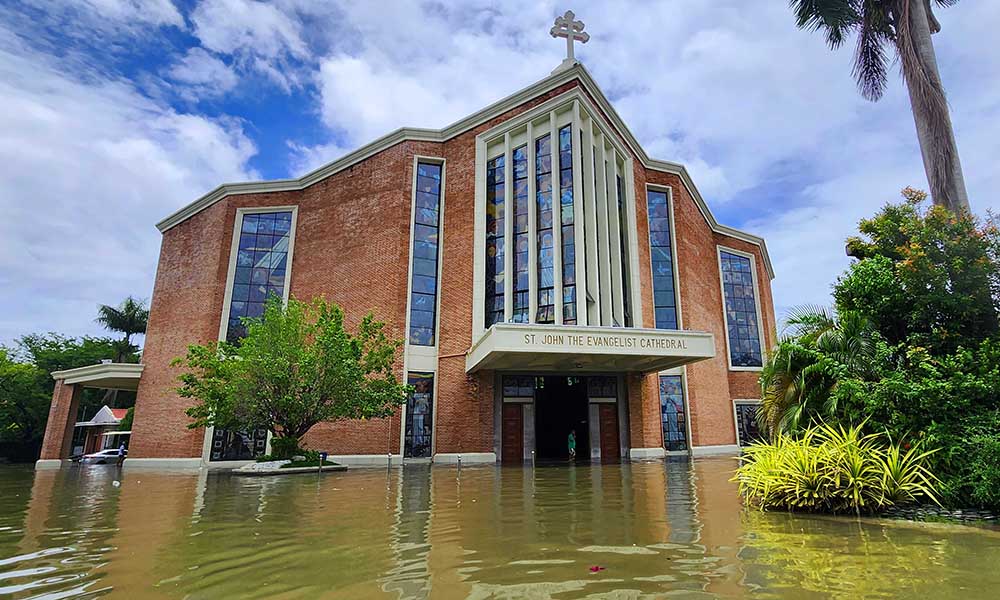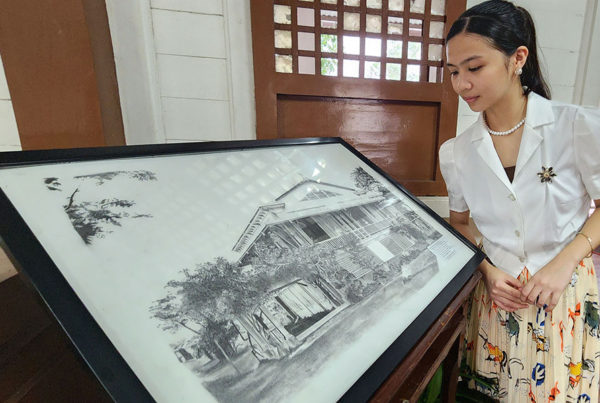Emergency, disaster preparedness for Filipino PWD
“THE disaster doesn’t know no one. Once the disaster strikes, it will not discriminate against anyone.”
This was the thought shared by Joel Tangunan, vice president of the Pangasinan Persons with Disability (PWD) Federation, who said that once disaster strikes, persons with disabilities are twice more likely to lose their lives or be injured than the general population during disasters.
Being part of the vulnerable sector, Tangunan said disaster preparedness and mitigation should always be part of the daily life of PWDs.
“Because we never know when a disaster or an emergency will happen,” said Tangunan, adding that “PWDs should always be on guard, take necessary safety and prevention measures and communicate with their network.”
Aiming to empower his fellow PWDs, Tangunan shared his experience during the disastrous earthquake that hit Dagupan City in 1990 in a Facebook post that reads:
“Before I became fully aware that preparing can be a way of life for people with or without physical and non-apparent disabilities, I thought it was only for people who didn’t have any illnesses. My crippled mindset made me feel insecure most of the time. This continued until I became one of the victims of the catastrophic 7.7 magnitude earthquake that hit Luzon on July 16, 1990. I was in an institution for PWDs at the time. There was no contingency plan or training for us, the 41 PWD children in the institution. We were almost overwhelmed by our large building if I hadn’t had the presence of mind to wake everyone up and help those who had difficulty transferring from their beds to their wheelchairs. Since then, I realized that this should not always be the case for people with disabilities (PWDs) when it comes to dealing with emergencies and disasters.”
Awakened by the tragedy and with help from his mentors, Tangunan now believed in his capabilities and that disaster preparation is not only for physically fit people, on whom he was dependent before.
“Who I am now is not just a person with a disability, but a self-proclaimed prepper with determination,” he said in his post.
“Our disability, knowledge and experiences as PWD can make significant contributions to DRRM programs,” he emphasized.
He said aside from ensuring access to government services, PWDs should also be consulted and involved in crafting disaster risk reduction and management (DRRM) plans and in disaster preparedness efforts so that their special concerns will be addressed. (PIA Pangasinan/EMSA)








